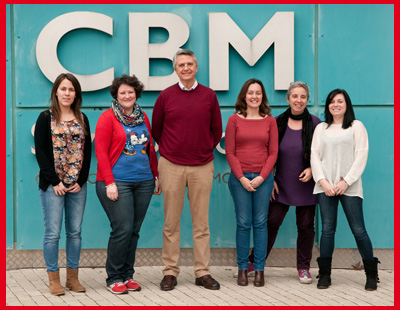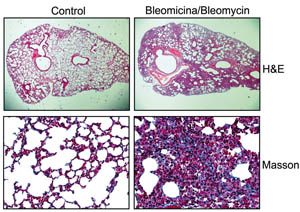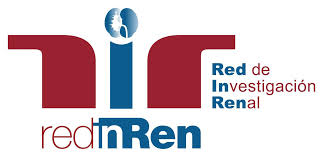Molecular pathophysiology of fibrosis
Our laboratory is interested in the molecular mechanisms leading to fibrogenesis in human pathology. Fibrosis is the final common pathway for many organ diseases including diabetic kidney disease, liver cirrhosis, scleroderma, myocardial sclerosis and idiopathic or inflammatory-mediated pulmonary fibrosis. 
 Evolving from a long-standing interest in the vascular wall and redox biology we have now focused our efforts on understanding how the process of fibrogenesis takes place with an emphasis on the role of microRNAs and their regulation by metabolic processes and redox signals in processes such as epithelial to mesenchymal transition, TGF-b signaling and fibroblast to myofibroblast transformation. We employ cellular and animal models for lung, skin and kidney fibrosis. We plan to decipher not only the profile of microRNAs involved in fibrogenesis but also the link between the underlying metabolic cellular changes occurring in the fibrotic process and the triggering of specific redox responses leading to the expression of microRNAs relevant for fibrogenesis.
Evolving from a long-standing interest in the vascular wall and redox biology we have now focused our efforts on understanding how the process of fibrogenesis takes place with an emphasis on the role of microRNAs and their regulation by metabolic processes and redox signals in processes such as epithelial to mesenchymal transition, TGF-b signaling and fibroblast to myofibroblast transformation. We employ cellular and animal models for lung, skin and kidney fibrosis. We plan to decipher not only the profile of microRNAs involved in fibrogenesis but also the link between the underlying metabolic cellular changes occurring in the fibrotic process and the triggering of specific redox responses leading to the expression of microRNAs relevant for fibrogenesis.
Recent publications
- Protective role for miR-9-5p in the fibrogenic transformation of human dermal fibroblasts.Fibrogenesis Tissue Repair. 2016;9:7.
- Targeting vascular (endothelial) dysfunction.Br J Pharmacol. 2016
- Role of redoximiRs in fibrogenesis. Redox Biol. 2016; 7:58-67.
- MicroRNA-mediated regulation of glutathione and methionine metabolism and its relevance for liver disease. Free Radic Biol Med. 2016.
- NOX4-dependent Hydrogen peroxide promotes shear stress-induced SHP2 sulfenylation and eNOS activation. Free Radic Biol Med. 2015; 89:419-30.
- miR-9-5p suppresses pro-fibrogenic transformation of fibroblasts and prevents organ fibrosis by targeting NOX4 and TGFBR2.EMBO Rep. 2015; 16(10):1358-77.
- Antioxidant responses and cellular adjustments to oxidative stress. Redox Biol. 2015; 6:183-97.
- L-Plastin S-glutathionylation promotes reduced binding to β-actin and affects neutrophil functions. Free Radic Biol Med. 2015; 86:1-15.
- Targeting of Gamma-Glutamyl-Cysteine Ligase by miR-433 Reduces Glutathione Biosynthesis and Promotes TGF-β-Dependent Fibrogenesis. Antioxid Redox Signal. 2015; 23(14):1092-105.
- Laminar shear stress regulates mitochondrial dynamics, bioenergetics responses and PRX3 activation in endothelial cells. Biochim Biophys Acta. 2014;1843(11):2403-13.
Address

This email address is being protected from spambots. You need JavaScript enabled to view it. 91 1964455. CBMSO-CSIC. Nicolás Cabrera 1.Madrid 28049



